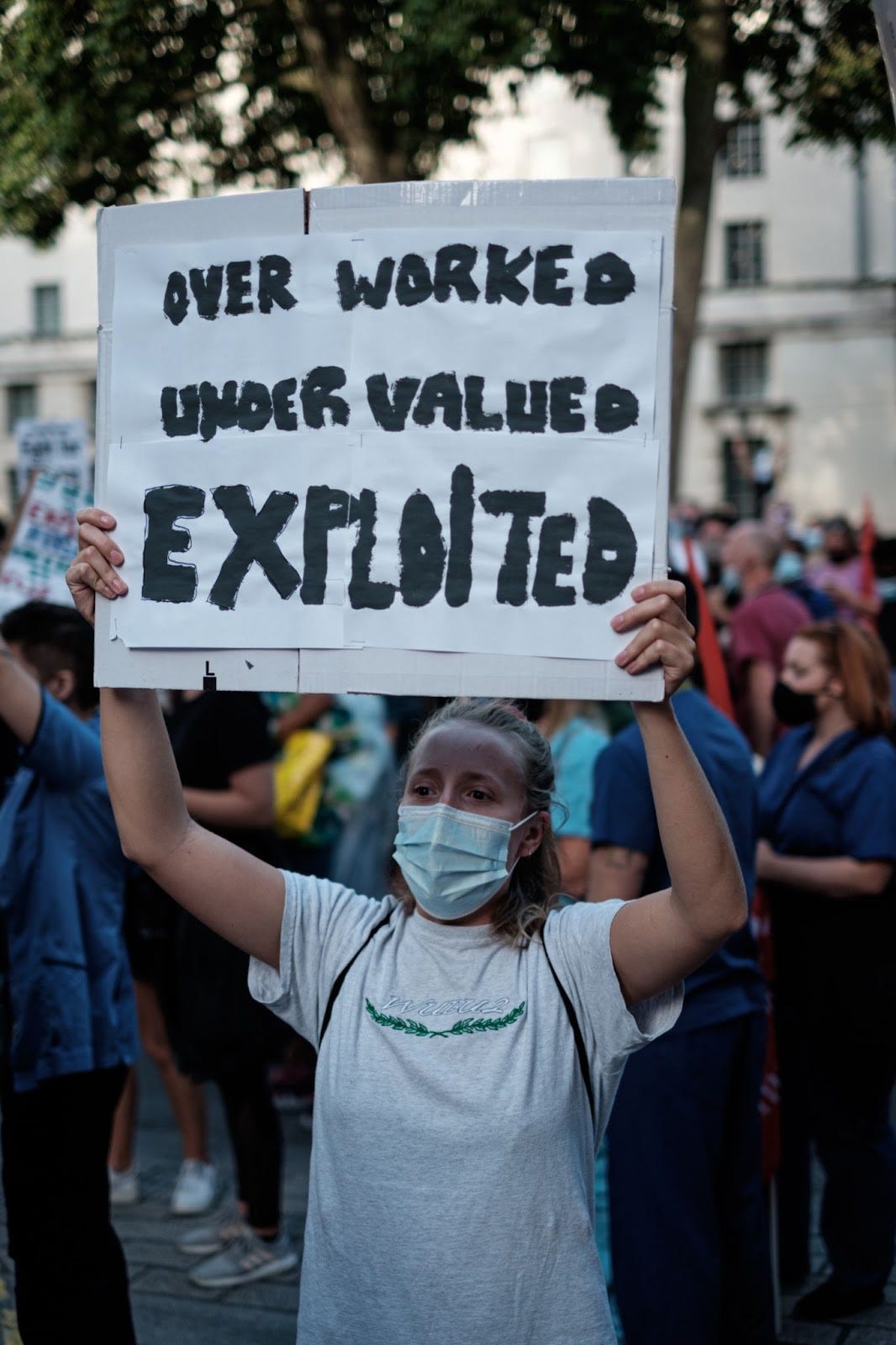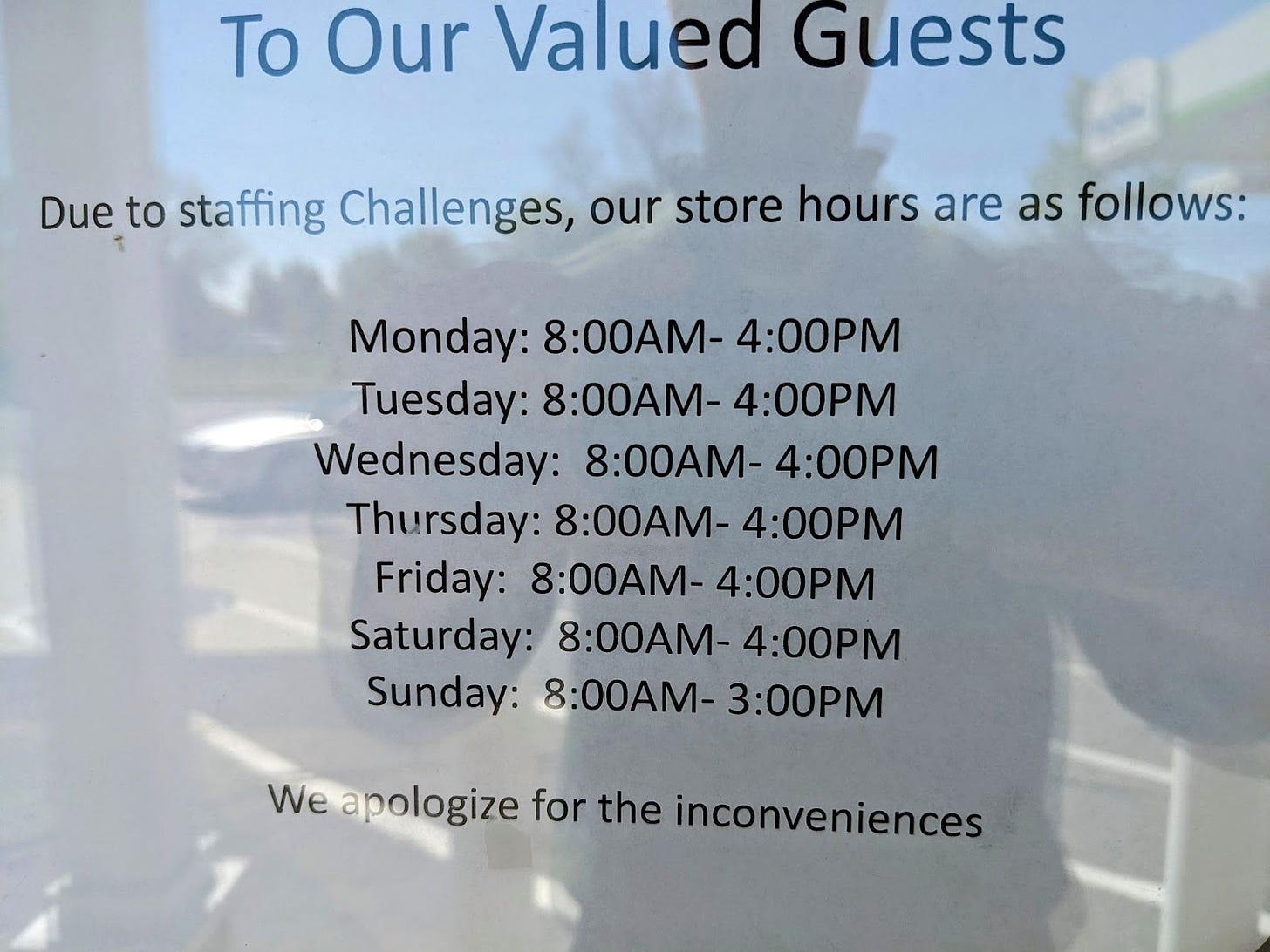This short mini-essay is the second in a two-part series arguing that minimum wage should be tied to living costs, and that anything less amounts to a subsidy for entitled employers.
The minimum wage should be tied to the cost of living. Even for high school students working the drive-thru window. Fast food joints get away with paying teenagers less because their parents are willing to foot the bill for room and board. That’s effectively a subsidy, flowing from parents to mega-corporations. If wages are insufficient to cover the cost of existence, the difference has to come from somewhere. When workers who are hungry or in debt (or merely a teenager) accept these jobs, the net effect on society is a loss. Such business models are parasitic. We need models for the 21st century that are actually viable, not ones that leech from us all by relying on desperate workers.
A livable minimum wage also limits cost-of-living inflation. Such a policy wipes out businesses that can’t be profitable after accounting for their actual labor expenses. Those firms are hiding in plain sight, staffed by desperate employees. But there’s also another benefit. Workers have been going into debt to cover the growing gap between stagnant wages and runaway cost-of-living expenses. Since no one wants to admit to being in debt, we’ve managed to sneak up to the brink of a debt-apocalypse without ever addressing the issue. But connecting the minimum wage to the actual cost-of-living would instantly make rent being “too damn high” an unbearable problem for everyone, not just for the poor. Had this been the case in the past, we would have already tackled that problem instead of allowing it to fester.
But now even desperate aren’t showing up to work. Signs like the one below are appearing in store windows all over the country. The choice has finally come down to working while being financially insolvent, or not working while being financially insolvent. Ultimately, employers are going to have to cover the cost-of-living for their employees, or their employees won’t be able to afford to work. It’s that simple. We’ve cloaked that fundamental reality with debt, and allowed many lives to lapse into misery. But now there’s no more room to maneuver. We can’t borrow our way out of this problem any more. Workers need a raise if there is any hope of restoring balance to our system of employees and employers.







